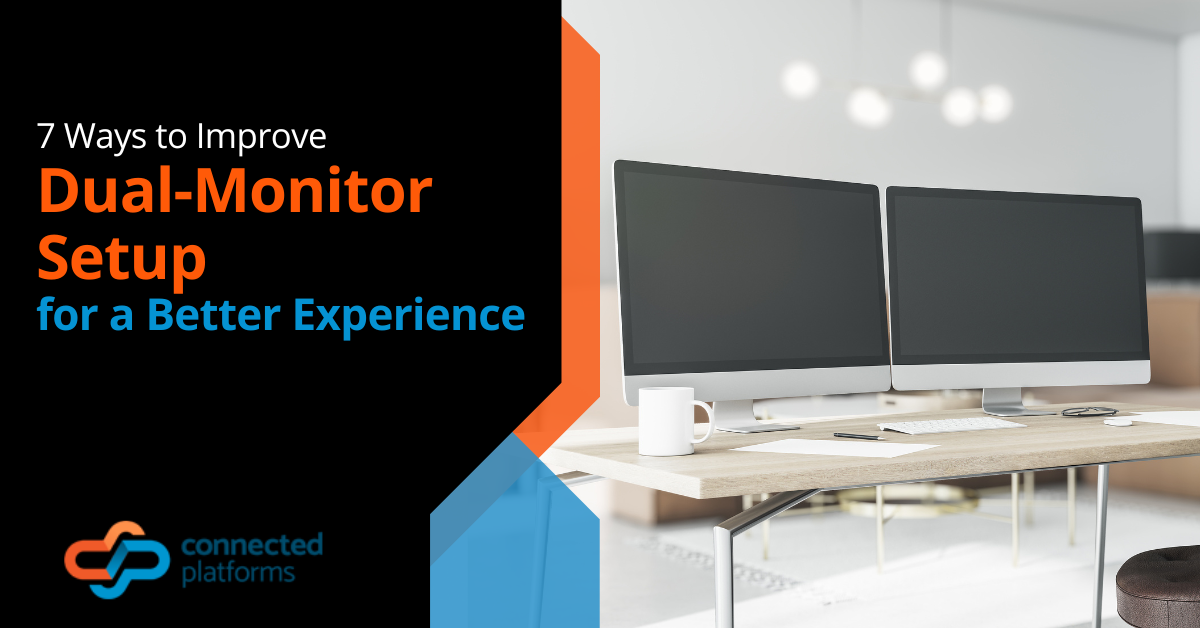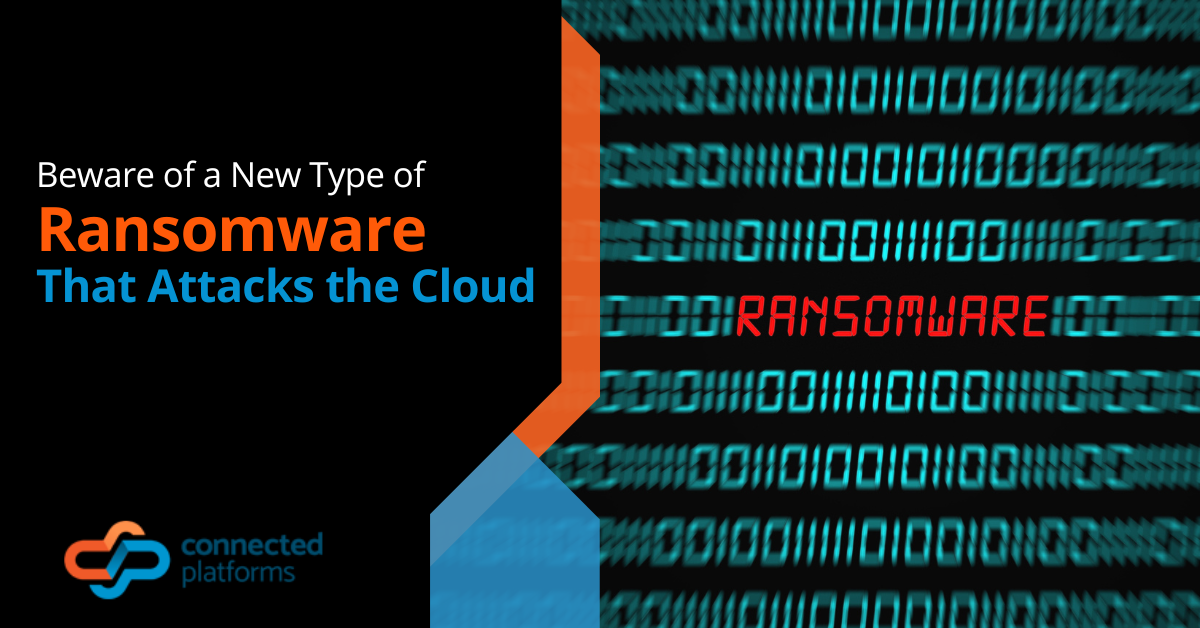As a business owner, one of the fundamental elements of owning your own business is understanding what risks you are going to be subject to. This is more so important for those businesses that rely heavily on internet-based software and programs, online data storing, and any sort of communications that take place using online connections. As technology starts to improve greatly, so does the expertise of online hackers.
There are a number of different types of hacker attacks that can take place, and that your business may be subject to in its industry and depending on the platform in which it operates. In this blog, we’re going to be breaking down only some of the multitudes of attacks that you need to be careful of, and how you can keep your business safe from hackers.
If you’re looking for business IT support, contact our friendly team on (07) 3062 6932 today or get in touch online. For business continuity and more, including a free IT health check, we’re here for you.
Types of Hacker Attacks to be Cautious of
Malware Attacks
A malware attack is one of the most common types of hacker attacks, and also one of the most damaging that your business can experience. This type of attack usually comes in the form of a virus or a Trojan horse, which can completely take over your system if it’s not properly protected. Once the system has been taken over, the hacker will have complete control and access to all of your business’s data. In some cases, they may even extort you for money in order to gain back full control of your system.
To protect your business from a malware attack, it’s important that you have strong anti-virus software installed on all devices that are used to connect to your business network. You should also make sure that this software is always up to date, as new viruses and malware are constantly being created.
Password Compromises
Password compromises are one of the other common types of attacks hackers use. This happens when a hacker is able to gain access to your business’s passwords, either by guessing them, using a brute force attack, or through social engineering. Once they have your passwords, they will then be able to login to your account and access all of your data. They may also be able to use your passwords to impersonate you or your business, which can damage your reputation.
It’s important to have strong and unique passwords for all accounts being used across your business, especially if your operations predominantly take place online or on a computer. You should also make sure to change your passwords regularly, and to never use the same password across multiple accounts.
Ransomware Attacks
A ransomware attack is a type of malware attack that can be particularly damaging to businesses. This is because it can not only result in the loss of data, but also in the loss of money. In a ransomware attack, a hacker will take control of your system and then demand payment from you in order to regain access. They may also threaten to delete or release your data if you don’t pay the ransom.
Always make sure that you have strong anti-virus software installed on all devices that are used to connect to your business network or any additional platforms being used. You should also have a backup of all of your data so that you can restore it if it is lost or deleted – this is a lifesaver (theoretically).
Phishing Scams
A phishing scam is one of the more common types of attacks hackers use and that can be completely detrimental to any business – you’ve probably come across something like this more often as technology continues to advance. This type of attack usually comes in the form of an email that is sent to employees of the company. The email will look as though it’s from a legitimate source, such as a well-known bank or financial institution. The email will then prompt the employee to click on a link or download an attachment, which will then give the hacker access to the employee’s device and any sensitive information that is stored on it.
Ensure you’re doing what you can to educate employees on how to spot these types of emails. They should be aware of the red flags to look for, such as a mismatched URL or poor grammar and spelling. Employees should also know not to click on any links or download any attachments from emails that they aren’t expecting, even if the email appears to be legitimate.
Protect Your Business with Connected Platforms
There are a number of types of hacker attacks that take place in this age of the internet. Keep your business safe with Connected Platforms and our cloud business solutions or our range of managed IT solutions business rely on.
Give our team a call on (07) 3062 6932 or reach out online for more information.




